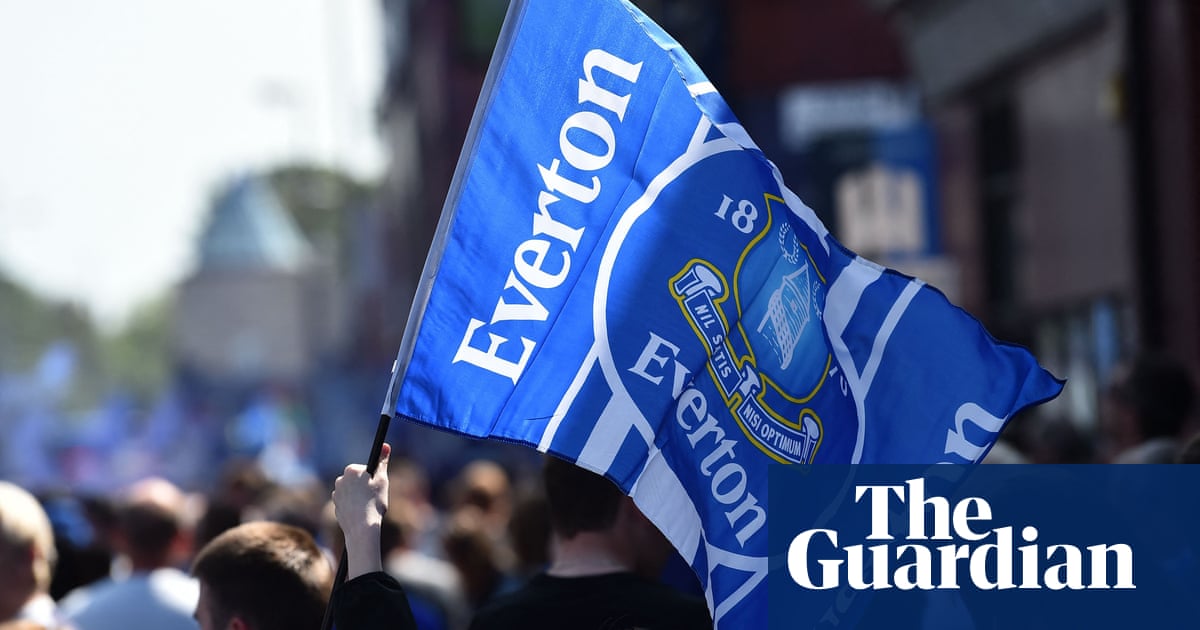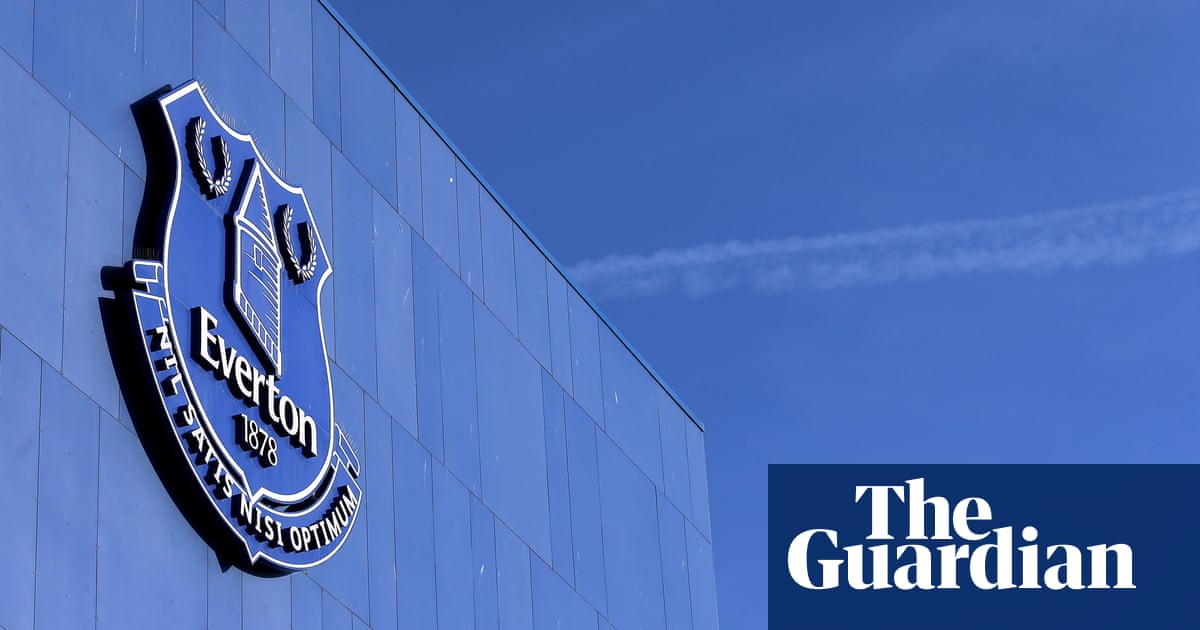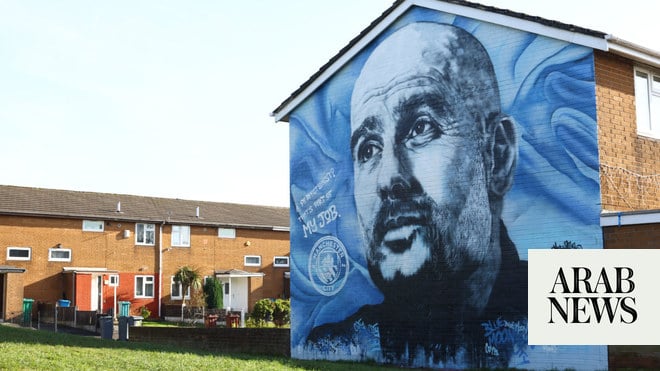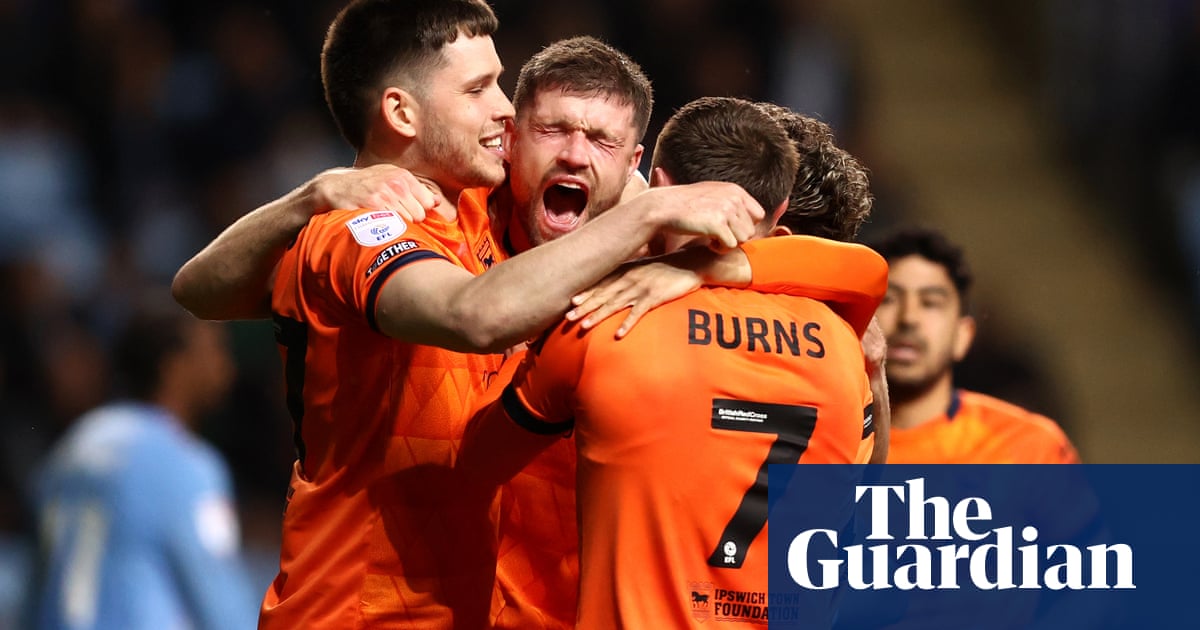
The process that led to Everton being deducted 10 points by the Premier League is long and complex. It took eight months for the club to learn its fate, despite being charged with one count of breaking the league’s profitability and sustainability rules.
Here is how the Premier League’s system of crime and punishment works, as set out in the league’s annually-updated handbook.
The breach
Top-flight clubs submit annual financial accounts to the Premier League, which analyses whether they have broken the spending rules. Many fans refer to these rules as financial fair play but that is actually the Uefa system. The Premier League has profitability and sustainability rules. They require teams not to lose more than £105m over three years, with non-football costs excluded from the calculation.
The charges
The Premier League has a board of directors, comprising a chair, chief executive and three non-executives. If the board thinks the rules have been broken, they file a written complaint to the chair of a separate independent judicial panel, which is chaired by veteran sports barrister Murray Rosen KC.
To get the job, Rosen had to have 15 years of experience as a lawyer, expertise in sports law, as well as areas such as competition and commercial law.
The panel
Rosen chairs the judicial panel, a pool of 15-20 experts with a mix of experience in law, arbitration, accounting and insolvency. Panellists ordinarily serve a 10-year term.
The panel is split into two parts, a 10-person disciplinary panel, whose members must have 10 years’ legal experience, and a separate panel to hear any appeal against the verdict. The appeals panel members must have five extra years of experience.
Rosen typically picks three panellists, with expertise relevant to the case, to form a commission to hear the evidence and come to a verdict. In cases about spending limits, someone with accountancy or auditing qualifications must be included.
In exceptional circumstances, someone not already on the panel can be appointed.
The case
Much like a criminal trial, both sides appoint lawyers to argue their case and make applications affecting the running of the trial.
The Premier League is not required to prove its case beyond reasonable doubt but on the balance of probabilities. Unlike most criminal and civil cases, the case is conducted in private.
The punishment
The commission can impose fines or compensation orders, suspend or expel clubs from competition, deduct points, or order matches to be replayed in certain circumstances. Where a club is suspended, the teams it would have played against during that time are deemed to have won those matches.
The commission can also award compensation to other clubs, who feel they lost out due to the alleged breaches. Earlier this year, Everton’s relegation rivals Leeds, Nottingham Forest, Southampton, Leicester and Burnley indicated that they may wish to seek compensation.
Should a club appeal against any punishment, the decision of the appeals board is final in all but the most unusual circumstances, such as fraud or grievous errors by the commission.
Clubs cannot take the case any further, such as to the law courts or to the international court of arbitration for sport.












